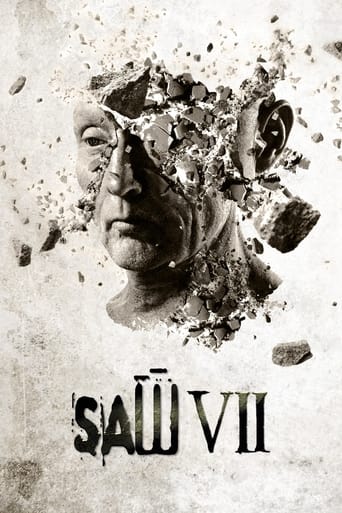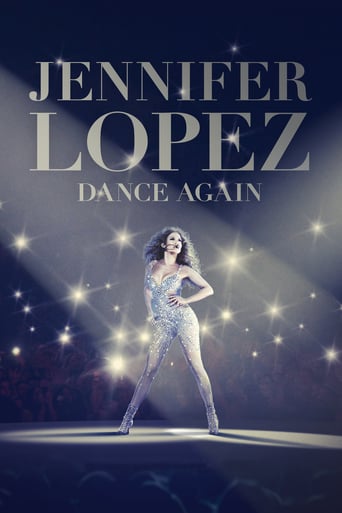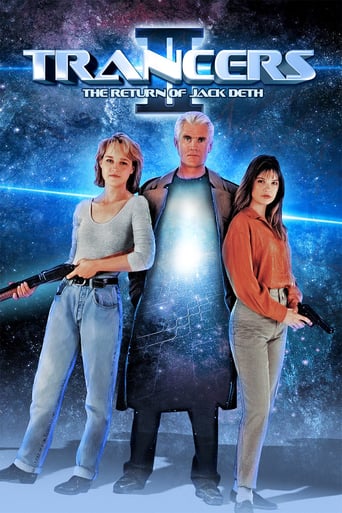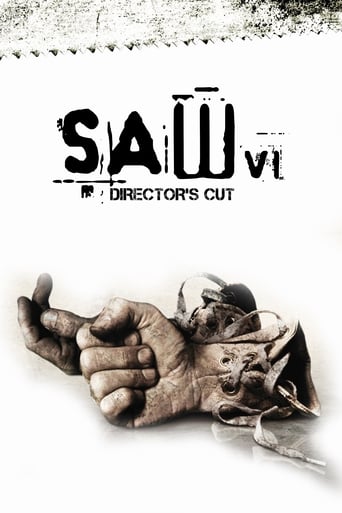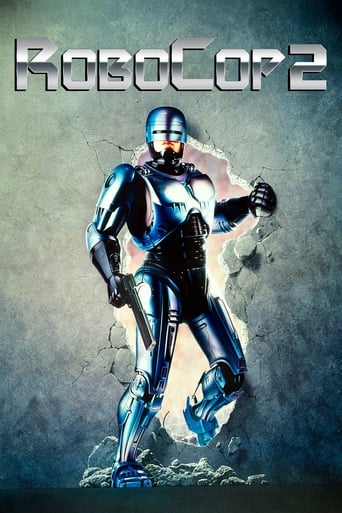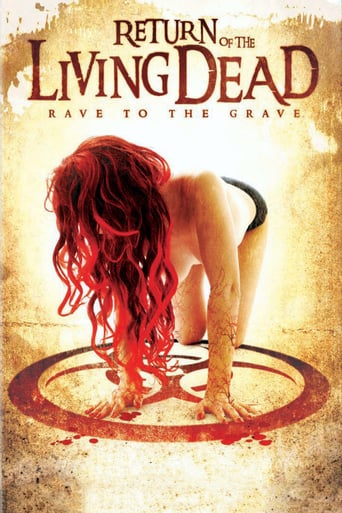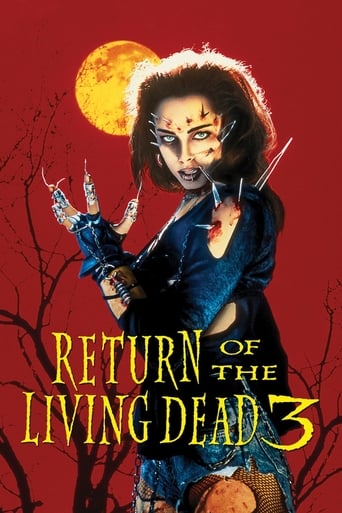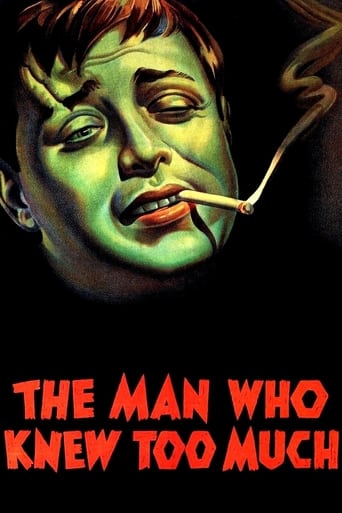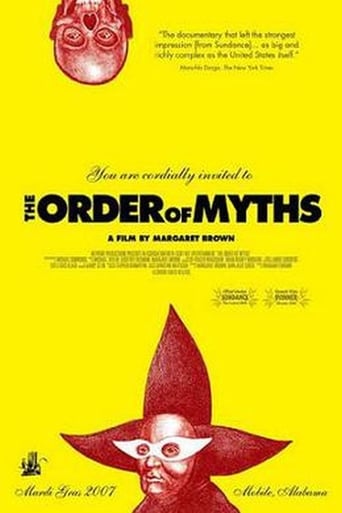


The Order of Myths
In 2007 Mobile, Alabama, Mardi Gras is celebrated... and complicated. Following a cast of characters, parades, and parties across an enduring color line, we see that beneath the surface of pageantry lies something else altogether.
-
- Cast:


Similar titles
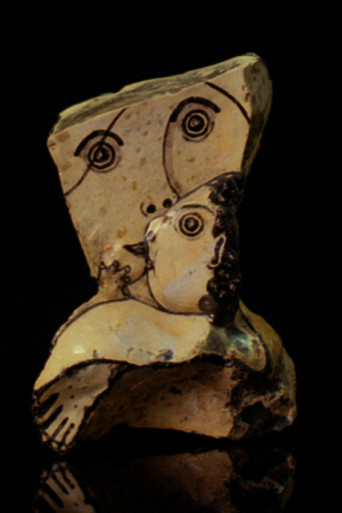


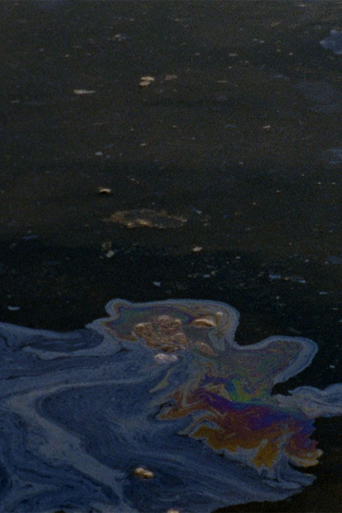
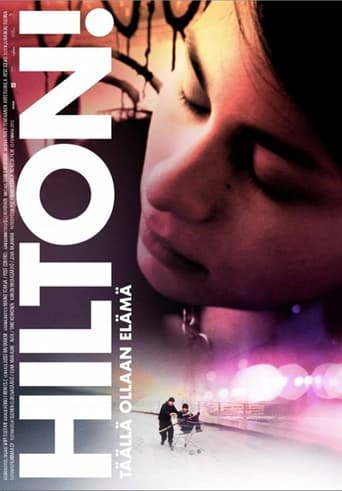
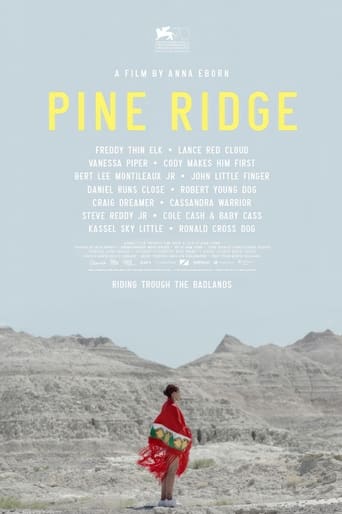
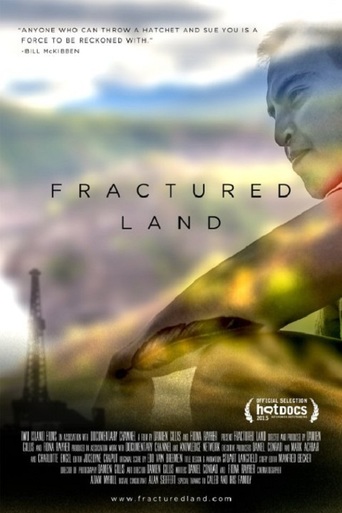
Reviews
Very interesting film. Was caught on the premise when seeing the trailer but unsure as to what the outcome would be for the showing. As it turns out, it was a very good film.
At first rather annoying in its heavy emphasis on reenactments, this movie ultimately proves fascinating, simply because the complicated, highly dramatic tale it tells still almost defies belief.
The biggest problem with this movie is it’s a little better than you think it might be, which somehow makes it worse. As in, it takes itself a bit too seriously, which makes most of the movie feel kind of dull.
An old-fashioned movie made with new-fashioned finesse.
In itself, this is not a bad film. It offers, what I'm sure many white people will feel, a completely unbiased view on the segregation in Mobile, Alabama. I beg to differ. What is perhaps the films greatest strength and its greatest weakness, is that the maker comes from a 'prominent' white family (read: most likely deeply conservative) with still a lot of economic power (read: used to have many slaves in the past). This is why I'm suspicious of the films' unbiasedness.However, there are ominous indicators that the maker is really trying to be as open-minded of her background. Of this, the mentioning of the trees is the most poignant. A VIP white man, is explaining that they really like trees, because of tradition and so on. He seems to be completely unaware that trees in the Deep South symbolize lynchings of blacks. It's rather insensitive. It's like stressing the fact to Jews that Germans really like to cook their food on gas. In itself there's nothing wrong with that statement, but you catch my drift. The fact that the makers choose to put this in, seems to say that she's not afraid to mention the darker parts of her past. Or, the more depressing explanation would be that the maker herself is not aware of the fact that trees and the South stand for lynchings.Also, the similarity between all the Mardi Gras Orders and the KKK is high. It doesn't require a lot of imagination that the KKK took symbols and rituals from these Orders. And it wouldn't surprise me to learn that many of these Orders had been highly instrumental in oppressing the African American people.The end of the film is even more sinister. It is revealed that the grandfatherly man who is interviewed throughout the film is in fact the grandfather of the filmmaker. His last line is: "For what I am about to say, you have to stop recording" And indeed, the credits start rolling at that point. Now, in any other film this would have seemed a triumph of respect of privacy over the present day omnipresent eye of the camera. But in this case I imagined that he would tell her all sorts of horrible stuff that the Order of Myths used to do.In closing, I am reasonably sure that the filmmaker was trying for a balanced view and she might have achieved that, within her capabilities. Insofar as anyone can be impartial, she might have come closest. She seems to be best embodied by the Prodigal Liberal daughter, who returns to embrace her deeply conservative "heritage".However, it's ultimately a quite depressing film and subject, since all the white people are a.) insisting that they don't wanna change anything and b. are saying that black people WANT to be segregated themselves. We never hear the black people say that, actually. And c.) the black people don't seem very confident in their ability to change things, and seemed to have completely settled in their subservient role.Definitely a case of "Even Obama can not", in the sense that even an Obama-presidency won't change this in any, any way.
If you think racial segregation is a thing of the past in the good 'ole U.S. of A, "The Order of Myths" should disabuse you of that notion right quick.It's a little known fact that the Mardi Gras in Mobile, Alabama is the oldest such celebration on American soil, predating the one in New Orleans by a number of years (some date it to as far back as 1699). Of far more interest and note is that, to this very day, the Mobile Mardi Gras is presided over by a pair of kings and queens - one white, the other black - with the balls and parades largely segregated along racial lines as well. Margaret Brown's fascinating and eye-opening documentary focuses on the history of the event, along with the intense behind-the-scenes preparations for the celebration in 2007. Brown interviews the respective kings and queens, as well as many of the designers and planners responsible for pulling the event off year after year. Brown also chronicles the many "mystical" organizations who donate money and manpower to the cause (the oldest being The Order of Myths, from which the movie derives its title).Brown has opted not to use narration in her film, preferring to let the people she's interviewing speak for themselves, some articulately, some seemingly unaware of how exactly it is they are coming across - or perhaps they do and just don't care. Yet, no matter how desperately we may want to concentrate solely on the pomp and spectacle of the occasion or to join in the celebration, the images of rooms full of white people and rooms full of black people can't help but color our perception and diminish our enjoyment of the carnival as a whole.Still, it would be easy, I suppose, for outsiders to feel smugly superior to the people on screen, not only for their racist and, in some cases, sexist attitudes, but for their allegiance to traditions that may strike many of us as hopelessly outdated and silly. But Brown avoids turning her movie into an excuse for Southern-bashing and post-Bellum condescension by trying to honestly examine the roots and heritage of the community she's chronicling, not excluding the ugly side as well - the slave trade, the lynchings (including one as recently as 1981), the historic influence of the KKK.So, based on this film, can we conclude that present-day Mobile is a hotbed of racists and bigots? Well, it does have an African-American mayor, and there does appear to have been some small movement towards integrating the festivities in recent years.But in this post-Obama era, it might be incumbent on the fine folk of Mobile, in this one respect at least, to make a little effort to join the rest of us here in the 21st Century.A must-see film.
I enjoyed the film a lot. There was one lady who related a story about how celebrities who performed in Mobile in the early days had to stay with black families in their homes because they were not allowed in hotels. She said that the famous singer Paul Robeson stayed with her family and even sang a lullaby to her when she was an infant.A great story, if in fact it were true, but I tend to doubt her story as she referred to him on, I think, three times as Paul "Roberson" or mister "Roberson". If he truly did sing to her, would she, as an adult, continue to mis-pronounce his name? His name was Paul Robe-son, no "R" in his name. It was a common error at the time, but surely not for someone who grew up with that story for 30 some years.
This is currently a better synopsis of the film: "This film does a credible job of showing how Mardi Gras has progressed, or not progressed, in Mobile, Alabama which is the city where the first US celebrations started in 1703. Much is made of the segregated societies, both black and white, still wanting to keep their groups separate and it gives the wrong idea to a lot of people who have seen it. The Globe and Mail in Canada says: "A study of community ritual, pomp and camaraderie, 'The Order of Myths' also gradually unveils the startling connections between the two communities, where the great-grandchildren of slaves and the great-grandchildren of slave owners still live highly segregated lives." This is patently untrue of the city and it's citizens. True, Mardi Gras groups, all but a couple of them, are segregated by race but it is what each society wants for themselves. Freedom of Assembly is a basic tenet of our Constitution and both races, as private organizations, are free to admit whomever they please. Mobile has had a very diverse city and county government for decades and currently has a black mayor, Sam Jones, elected by a wide margin in the last balloting. He is well liked by most everyone in the city as far as I know and will be a shoo-in next time. The movie presents all the parades and balls as just silly merrymaking but with it's emphasis on racial segregation gives the impression of Mobile having separate water fountain, back of the bus, Old Time Southern Democrat forced segregation." - iPhone1954


